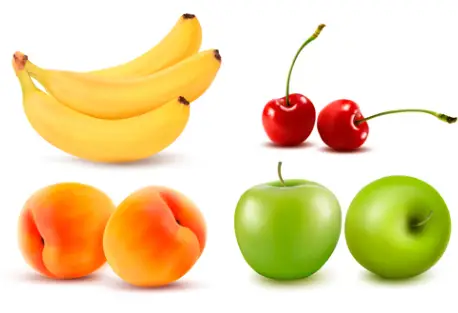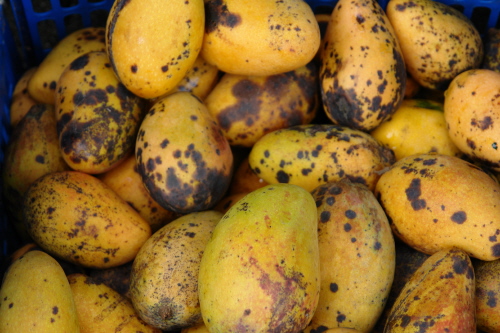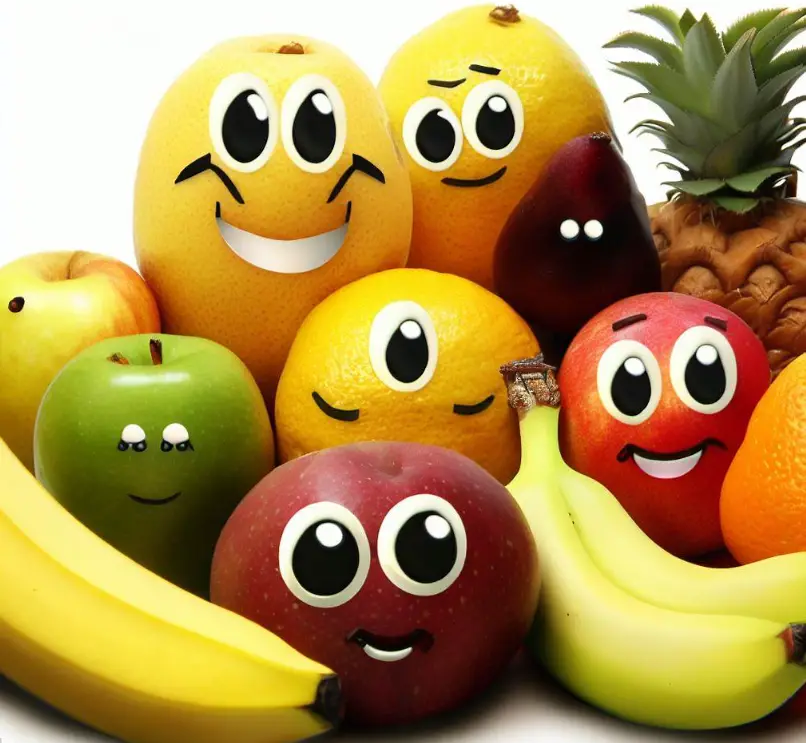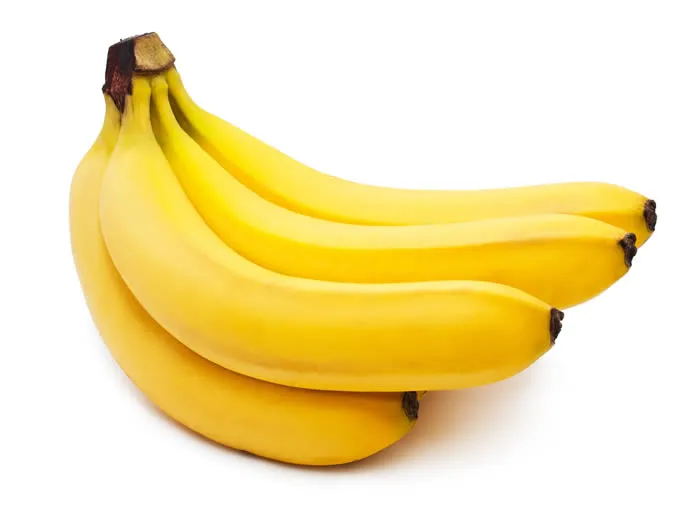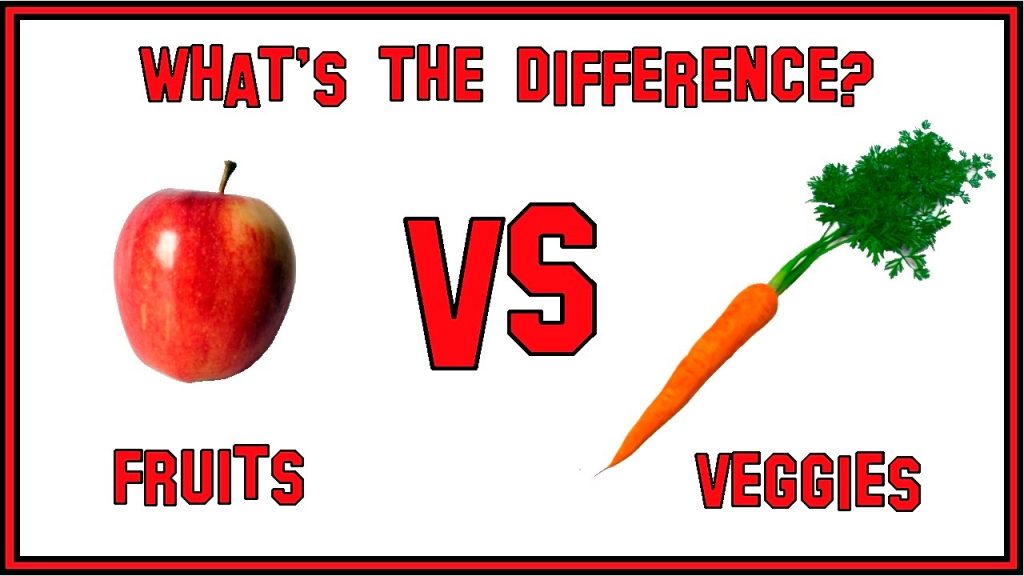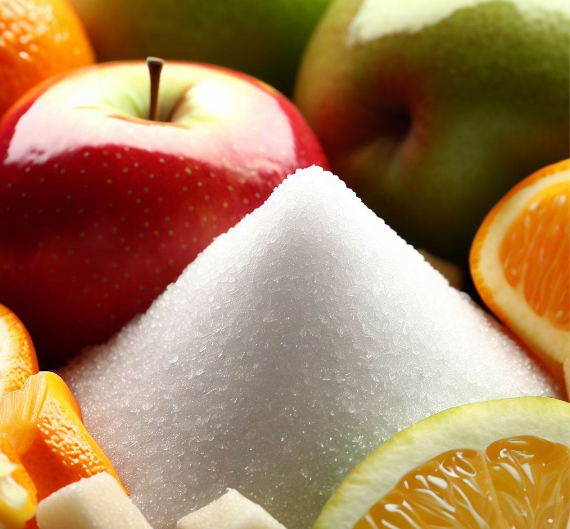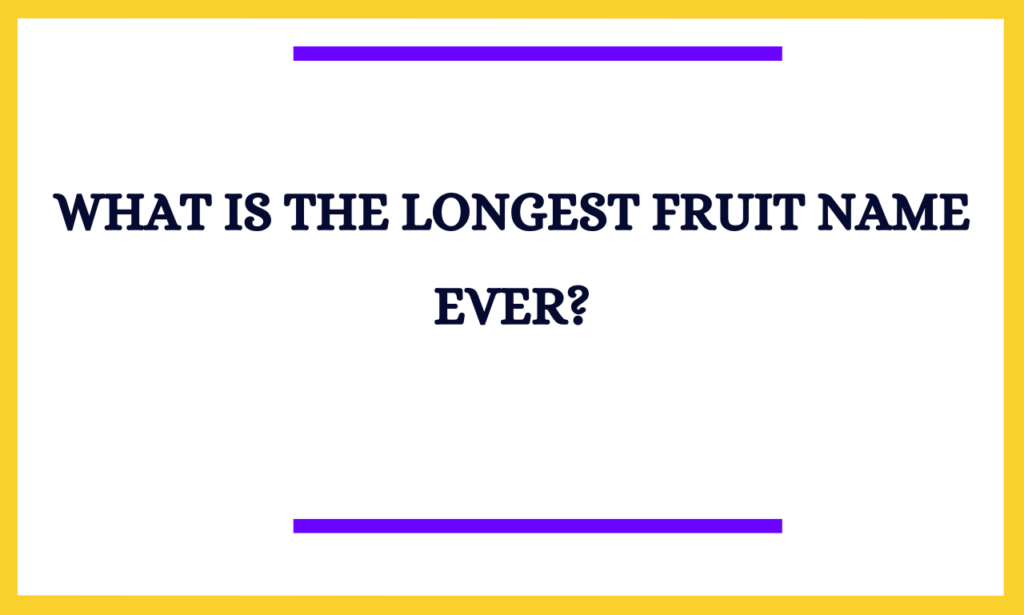Having fruit in the morning can be a healthy and yummy way to start the day. Fruit is full of health-boosting stuff like vitamins, minerals, fiber, and plant nutrients. But there are also some downsides to choosing fruit as your main breakfast. Knowing all the good and bad points can help you decide how much fruit to have in your morning routine.
Table of Contents
- Good Things About Eating Fruit for Breakfast
- 1. Rich in Important Nutrients
- 2. Full of Fiber
- 3. Might Help You Control Your Weight
- 4. Could Lower the Risk of Diseases
- 5. Usually Gentle on Your Stomach
- 6. Gives You Quick Energy
- 7. Simple to Prepare
- 8. Great for Eating on the Go
- 9. Children Like It
- 10. Offers Lots of Different Tastes and Textures
- Things to Think About Before Making Fruit Your Main Breakfast
- 11. Might Not Have Enough Protein
- 12. Might Be Low in Some Micronutrients
- 14. Fruits Can Be Easy to Eat Too Much Of
- 15. Fruits Might Hurt Your Teeth
- 16. Not All Fruits Are the Same
- 17. Fruits Could Have Safety Risks
- 18. Fruits Might Not Fill You Up for Long
- 19. Fruits Can Go Bad Quickly
- 20. Fruits Have Lots of Sugar
- Tips for Having a Good Fruit Breakfast
- The Conclusion
Good Things About Eating Fruit for Breakfast
1. Rich in Important Nutrients
Fruit comes full of important vitamins, minerals, and other nutrients that are essential for your body’s health.
For example, oranges are a great source of vitamin C which is good for your immune system. Bananas have a lot of potassium that your nerves and muscles need to work well. Berries are full of antioxidants which help keep your cells healthy. If you add fruit to your breakfast, it can be an easy way to get more of the nutrients you need every day.
2. Full of Fiber
Fiber is another benefit of eating fruit in the morning. It helps you feel full, is good for your digestion, and keeps your blood sugar steady.
When you eat fruit for breakfast, you get both types of fiber: soluble and insoluble. Soluble fiber can slow down digestion and stop your blood sugar from rising too fast. Insoluble fiber helps your body move waste through your digestive system.
3. Might Help You Control Your Weight
Fruits like melons, berries, and citrus have a lot of water and fiber but not many calories. This means you can have a good-sized portion but without a lot of calories.
Eating foods that aren’t calorie-dense can help you control your weight, especially if you also watch your overall calories. Fruits also have plant stuff that might help shrink fat cells and lower swelling in your body.
4. Could Lower the Risk of Diseases
People who eat lots of fruit often have a lower chance of getting diseases like heart problems, strokes, diabetes, obesity, and some cancers.
The mix of antioxidants, fiber, potassium, folate, and other things in fruit likely helps protect your health. A breakfast with plenty of fruit could be a good step toward staying healthier in general.
5. Usually Gentle on Your Stomach
Most people find fruit easy to digest and it doesn’t usually cause stomach problems like gas or bloating. If you have a sensitive stomach in the mornings, fruit could be a good choice because it’s gentle and has lots of water to help with digestion and absorption.
6. Gives You Quick Energy
The natural sugars in fruits, like fructose, glucose, and sucrose, can give you a quick energy boost.
The carbs in fruit turn into simple sugars that your body can use quickly to help you wake up and feel alert. If you have fruit with some protein, you’ll feel energized for longer and your blood sugar levels will stay even.
7. Simple to Prepare
Fruit doesn’t need much work to get ready, so it’s a really fast and easy choice for breakfast.
You can quickly eat things like bananas, apples, grapefruits, and berries after just washing them. You can also chop up fruit quickly to add to things like yogurt, oatmeal, or smoothies. Compared to breakfasts you have to cook, fruit can save you a lot of time when you’re in a hurry.
8. Great for Eating on the Go
Fruits like tangerines, figs, grapes, or apples are also great for taking with you if you’re in a rush in the morning. You can eat them while you travel to work or after you get there. Keeping some fresh fruit ready to grab and go means you won’t have to skip breakfast when you’re short on time.
9. Children Like It
If you’re a parent, fruit is one of the simplest and healthiest things you can get children to eat for breakfast. You could serve sliced banana with peanut butter on toast, add berries to their cereal, or let them make their own fruit parfaits as tasty ways to have fruit in the morning.
10. Offers Lots of Different Tastes and Textures
Another great thing about fruit for breakfast is that it has lots of different tastes, smells, colors, and ways it feels to eat. You can switch between juicy grapes, refreshing melons, tangy pineapple, and crunchy apples. Combining various fruits can give you a fun mix of flavors and textures in every bite.
Things to Think About Before Making Fruit Your Main Breakfast
While fruit is definitely healthy, there are a few things to consider:
11. Might Not Have Enough Protein
One downside of breakfasts focused mainly on fruit is that they usually don’t have much protein, which your body uses for a lot of important things.
Protein is needed for building and fixing your body, making hormones and enzymes, and keeping your immune system working well. It also helps you keep your energy up and makes you feel full for longer. If you eat just fruit, you could start feeling hungry soon after your meal.
12. Might Be Low in Some Micronutrients
Compared to veggies and whole grains, fruits often have less of certain small nutrients like iron, zinc, calcium, and some B vitamins.
Even though fruits have a variety of vitamins and minerals, they might not give you enough of some of these if you eat fruit by itself. Not getting enough of these nutrients over time could be a problem for some people who don’t eat many other foods that have those nutrients.
Fruits have natural sugars that can quickly raise your blood sugar levels. This can be a problem for people with diabetes or prediabetes because a breakfast high in carbs but low in fiber might need medicine to control the sugar spikes. Even healthy people can feel tired after these spikes if they eat fruits with a high amount of sugar.
14. Fruits Can Be Easy to Eat Too Much Of
Sweet fruits like watermelon, pineapple, and mango don’t have a lot of fiber, so it’s easy to eat too much of them. If you eat more calories than you use, you could gain weight. It’s important to watch how much of these fruits you eat so you don’t get too many calories and sugar.
15. Fruits Might Hurt Your Teeth
Some fruits have lots of sugar and can stick to your teeth, which can cause cavities and damage your enamel if you don’t take care of your teeth. It’s best to brush your teeth after eating these kinds of fruits.
16. Not All Fruits Are the Same
Fruits are different in what nutrients they offer, how much they affect your blood sugar, and the health benefits they have. For example, berries have more fiber and antioxidants than bananas. Tropical fruits like pineapple and mango usually have more sugar. If you only eat fruits like grapes or figs, you might miss out on fruits that have more nutrients.
17. Fruits Could Have Safety Risks
Like other fresh foods, fruits can sometimes have bacteria, viruses, or pesticides on them. It’s important to clean and prepare fruits properly to avoid getting sick. Some fruits can also cause oral allergy syndrome in people who are allergic to pollen.
18. Fruits Might Not Fill You Up for Long
Studies show that eating only fruit for breakfast might not fill you up as much as eating the same amount of calories from foods like eggs, whole grains, or dairy. This might be because fruit doesn’t have a lot of protein or fat, so you could get hungry again soon after eating them.
19. Fruits Can Go Bad Quickly
If you don’t freeze fruits, they might only stay fresh for a few days. This makes it hard to buy lots of fruits for the week because they might spoil before you can eat them. Buying fruits carefully and storing them the right way can help you not waste food.
20. Fruits Have Lots of Sugar
Even though fruit sugar comes with fiber and nutrients, it’s still sugar. If you’re trying to eat less sugar, a breakfast with a lot of fruit might not be the best choice. Too much fruit can make it hard to keep your total sugar intake low.
Tips for Having a Good Fruit Breakfast
If you want to eat fruit for breakfast and get the most benefits while avoiding the negatives, here are some tips:
- Pair fruit with proteins like Greek yogurt, eggs, nut butter, or cottage cheese for fullness and extra nutrients.
- Choose fruits with more fiber, like raspberries, pears, and apples, to help control your blood sugar.
- Be careful with serving sizes and don’t eat too much fruit.
- Brush your teeth after eating fruit to protect them.
- If you have diabetes, go for low-glycemic fruits like stone fruits and berries.
- Drink water with high-glycemic fruits like mangos and bananas to affect your blood sugar less.
- Always wash your fruits well and cut them safely to reduce risks.
- Include different fruits in moderation as part of a complete breakfast.
The Conclusion
Fruit can give you a boost of energy and nutrition with benefits like weight control, better immunity, and less disease. Still, you should think about the possible downsides, such as sugar spikes, tooth problems, and lack of protein for some people.
To get the good stuff from fruit without the negatives, try to make breakfasts that include fruit and other foods. Use good portion sizes, mix fruits with protein, keep your teeth clean, and pick different kinds of fruits. This way, you can enjoy the pluses and take care of the minuses.
